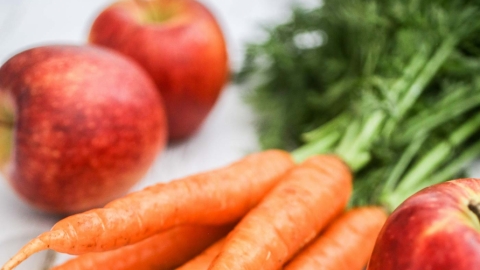Did You Know New Jersey Schools are Eligible for Gardening Grants?
HOW DOES YOUR (SCHOOL) GARDEN GROW?
Instilling a love of gardening and nature at an early age is an admirable task; teaching children to grow their own food can have life-long benefits. Enter the New Jersey Agricultural Society’s Learning Through Gardening program, designed to bring the great outdoors directly to the classroom.
Established in 1781, the New Jersey Agricultural Society is a private, nonprofit organization, and the oldest agricultural society in the country With roots that run deep, starting a program that encourages young children to get excited about gardening seems only natural.
“Since teachers often don’t have extra time to add gardening to their curriculum, we bring the garden to them as a way to enhance what they are already teaching;’ says Carolyn Taylor; director of the New Jersey Agricultural Society in Bordentown.
The program, which began in 2002, awards grants to pre-schools and elementary schools throughout the state. Grant recipients receive kits that include six garden beds, kid-friendly tools, vegetable seedlings, hoses, composting bins, lesson plans to coordinate with the current curriculum and more.
“Children learn science in the garden, linking weather; decomposition and geology They measure plant growth for math, and write poetry, persuasive pieces and observations for language arts;’ she says. “The very young kids sort seeds, and guess how many are inside a pumpkin.” Often the school cafeteria will prepare and serve vegetables harvested fresh from the plots.
Taylor explains that the program has three main goals: to show children where their food comes from and how it grows; to offer curriculum and train teachers to use the garden in their teaching, and to encourage children to include more fruits and vegetables in their diets. “Many studies show that if kids grow and have an opportunity to eat vegetables at school at a young age, they are more willing to try new fruits and vegetables and include them in their everyday diet,” says Taylor.
Grants are available to all schools no matter the location. In its 17th year; the program has reached 100 schools, and continues to grow. To learn more, or to apply for a grant, visit njagsociety.org.










